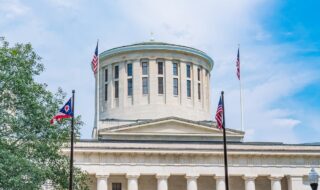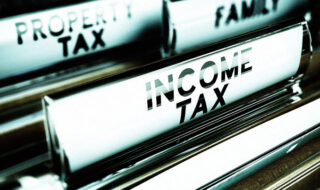Topics:
July 2, 2024 Last Edit: June 5, 2025
In addition to passing the state budget, the Oklahoma Legislature advanced an anti-retail theft measure to increase penalties on offenders.
A Recap of the 59th Oklahoma Legislature
State:
Get to know NFIB
NFIB is a member-driven organization advocating on behalf of small and independent businesses nationwide.
Related Articles

February 25, 2026
Ohio Small Businesses Applaud Tax Conformity Legislation
NFIB encourages Ohio Senate concur with pro-small business tax legislation
Read More


February 24, 2026
NFIB Supports Bill to Stop Taxing Credit Card Swipe Fees
The fees are charged by credit card companies for processing transactions.
Read More


February 23, 2026
NFIB Launches Campaign to Oppose Millionaire Tax
Small business group warns new income tax will hit Main Street, exempts Wall Street
Read More


February 20, 2026
Millionaire Tax Proposal Begins House Journey
NFIB rallying opposition to Senate measure that will affect small businesses
Read More







